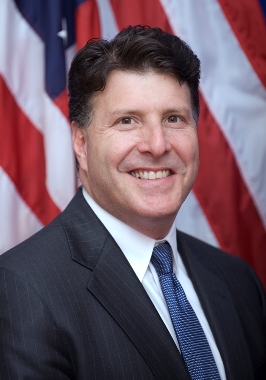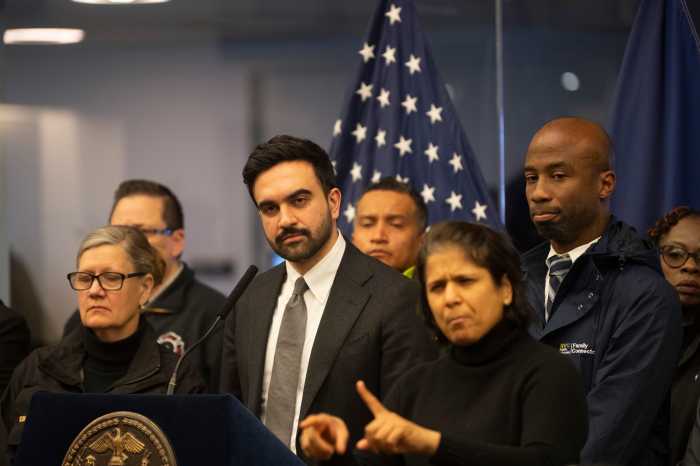BY CITY COUNCILMEMBER MARK WEPRIN
The news that New York City students’ scores on the National Assessment of Educational Progress (NAEP) are basically flat may come as a blow to those who are still under the illusion that the Department of Education (DOE) has brilliantly revolutionized public education in recent years. But it is no surprise to those of us who abandoned that wishful notion long ago. Parents in neighborhoods across the city — who long held fast to a glimmer of hope about this administration’s education reforms — are now resigned to the fact that the DOE’s data-driven policies have failed to deliver on their promise for most city students.
What’s wonderful about the NAEP is that, unlike city and state tests, there is no classroom time devoted to preparing for it. That is because NAEP results are based on representative samples of students at grades four, eight and 12, and NAEP does not report scores for individual students or schools. So to whatever extent tests are capable of measuring overall student achievement, NAEP is just about the fairest and most accurate gauge we have. The test is consistent from year to year and, because neither principals’ positions nor teachers’ jobs are on the line, there is no incentive for cheating.
In contrast, city and state tests, increasingly used to evaluate teachers and administrators instead of students, have motivated some unscrupulous educators to provide a little more “guidance” than they should when their students are taking the test. There have even been publicized cases in which principals changed students’ answers after a test in order to yield results that would cast the school in a more favorable light. Furthermore, the difficulty level of the test varies significantly from one year to the next, so a child who is progressing steadily in school might see wild fluctuations in his standardized test scores.
For all of these reasons, city and state tests – so often cited by the DOE as unassailable evidence of the success of its policies – tell us next to the nothing. Meanwhile, the NAEP scores are much more revealing about the state of learning in our schools, and the results are far from flattering.
So why don’t we scrap DOE’s Office of Accountability and use the NAEP to find out how the school system is doing overall? Use city and state tests to evaluate individual students, but never to judge their teachers and principals. Eliminate all test preparation from city curricula and replace it with what we have lost in the past decade: science, technology, history, civics, art, music and physical education. Start making use of our city’s unrivaled cultural resources and shift the obsession from testing to learning. That’s a formula for success.



































